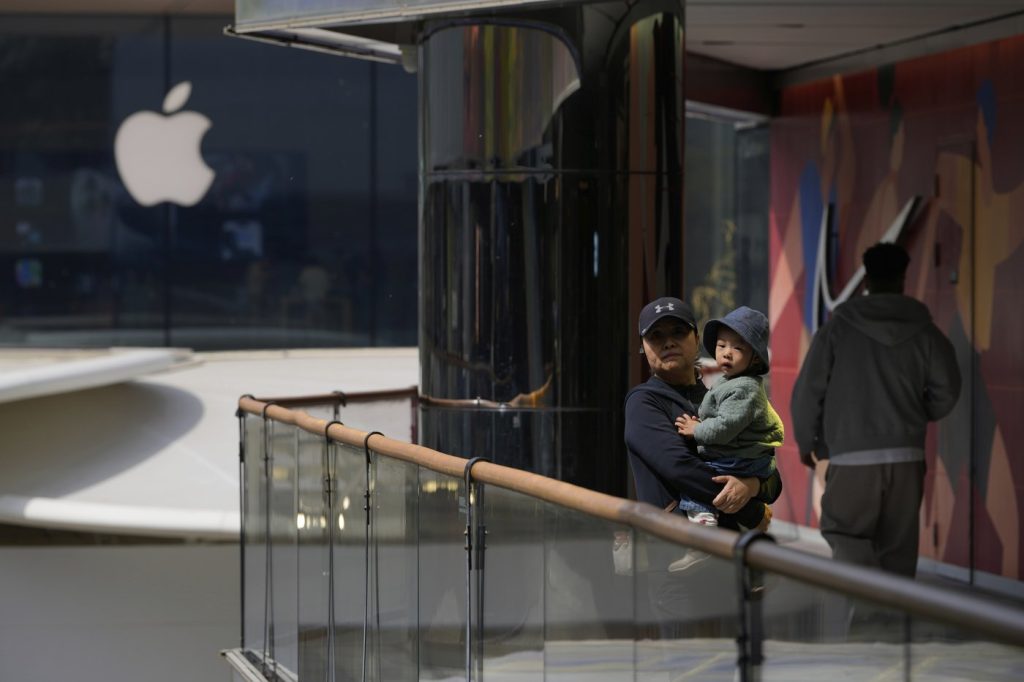April’s alcohol tax hike will impact local businesses already struggling

Posted Feb 21, 2024 06:18:41 AM.
Last Updated Feb 21, 2024 06:18:47 AM.
As inflation keeps prices high and many consumers are shopping on a budget, the federal tax on booze is getting ready to jump 4.7 per cent on April 1.
It may seem like an April Fool’s Day joke, but the federal tax on beer, wine and spirits is expected to increase to the highest amount it’s been raised in 40 years.
The alcohol excise tax increases automatically every year on April 1. The escalator excise tax, implemented in 2017, allows the federal government to raise taxes on beer, wine or spirits in response to the rate of inflation.
Last year, an amendment to the Excise Act was made which temporarily capped the alcohol tax at two per cent for one year only, starting April 1, 2023.
No cap has been made for this year yet, but the federal finance committee recommended a cut to the planned booze tax hike Feb. 16 on Parliament Hill. They recommended cutting the number in half. That motion was passed unanimously and will go through the House of Commons for consideration.
Ian McLean, the president and CEO of the Kitchener-Waterloo Chamber of Commerce, said the local hospitality sector is under pressure – and it’s not the time for the federal government to be increasing taxes on alcohol.
“Take your pick of array of reactions that range from outrage to upset to fear. But there is no one that thinks it is a good idea.”
“Restaurants are going to have to charge the tax, I guess the hope is that it doesn’t impact people coming in their doors, and that’s the real risk,” said McLean.
Earlier this month the Ford government said it would be placing a two-year freeze on the tax built into the price of beer and wine, which could help consumers at checkout.
Raising the alcohol excise tax won’t guarantee more revenue for the federal government because higher prices could mean less people going out to eat or drink.
“When people don’t buy, they don’t get the tax,” said McLean.
Inflation and rising costs are creating issues for business owners. Add in higher taxes and McLean said it is likely less people will be able to afford to keep going out to restaurants.
“They should take a step back and understand how much pressure both consumers and restauranteurs and those in the hospitality and tourism are under right now.”
“Food costs, alcohol costs, staffing costs, electricity, you go up and down that list and all of their costs are increasing,” added McLean.
In a news release on Oct. 30, the Canadian Taxpayers Federation called on the federal government to drop the increased booze tax hike.
They said that taxes already make up about half of the price of beer and 65 per cent of the price of wine, as well as more than three quarters of the price of spirits.
“The hardest hit sectors are not fully recovered from COVID, they’re nowhere close,” said McLean. “The first to be hit, the hardest to be hit and the last to come out of it are the hospitality and tourism sector.”
“What does an increase in the alcohol tax do? It just harms the sector that was most hard hit by COVID, which is ridiculous.”








